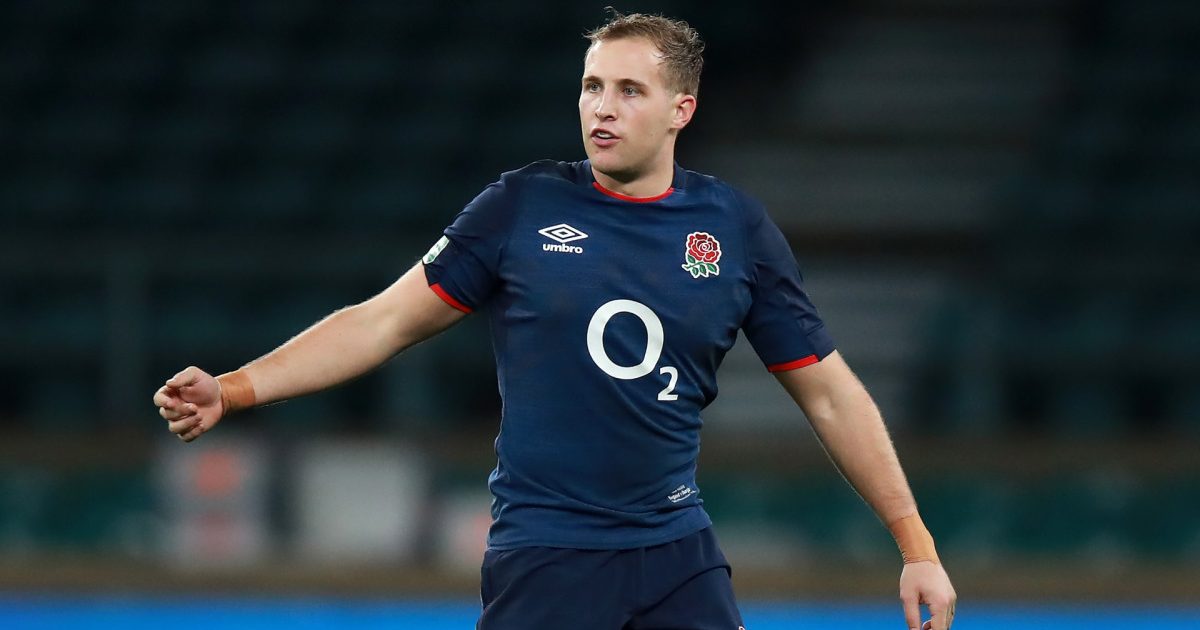The thinking behind Bristol handing England full-back Max Malins the No11 jersey for the first time in his Premiership career

Bristol booked qualification for this season’s Gallagher Premiership semi-finals with last Saturday’s win at Bath, a victory that included two tries from loan signing Max Malins who was wearing the No11 jersey for the first time in his top-flight club career.
Handed an England start at full-back by Eddie Jones in their March Guinness Six Nations win over France at Twickenham, the 24-year-old had only ever been chosen to start at No15 or at out-half in the Premiership since making his first start in the league with Saracens in November 2017.
However, Bristol boss Pat Lam opted last weekend to go with Malins on the left wing in a selection where three full-backs were chosen to fill the back three positions, a flexibility which the Bears believe will be important as they count down towards knockout stage Premiership rugby next month.
Malins struck for tries in the 50th and 80th minutes at The Rec and Lam has now explained his logic in giving a start on the wing to a player who will return to parent club Saracens at the end of this season. “We knew that Bath would put a lot of balls up in the air so I wanted to put three full-backs out there,” said Lam about a match where Bristol trailed 0-15 before firing back to win 40-20.
“The beauty of Charles (Piutau), Luke Morahan can play full-back as well and Max full-back was we could diffuse their high balls game and then we could counter off it as well. As Max said, first game wing, he enjoyed it. When we talked about wing, it’s only the starting position.
The exclusion of Sinckler from the Lions resulted in the Bristol boss seeing his prop react to adversity in a very inspiring way#BATvBRI #LionsRugby #Lions2021https://t.co/HXWTa2eze1
— RugbyPass (@RugbyPass) May 12, 2021
“Our game, the backs move all over the place. He can step into first receiver, he can go play out the back, it’s a ranging role and he loved it, he really enjoyed it. In our team the number on the back is just the start play and then after that you will end up (changing) – sometimes he ended up in full-back and Charles was up in the front line, sometimes he was in the front line, Luke was in the back.
“That is the beauty in having full-backs. Same with Ioan (Lloyd), he can play wing as well. Henry Purdy can go wing, full-back… it’s about being comfortable in a bit of space but also with finals rugby, having a back three that can have a variety of skills back there.”
How last Thursday's Lions squad announcement played out at the Saracens training ground… and how they all felt over what happened to Billy Vunipola#LionsRugby #Lions2021
https://t.co/ERE9T0jOjm— RugbyPass (@RugbyPass) May 12, 2021





























